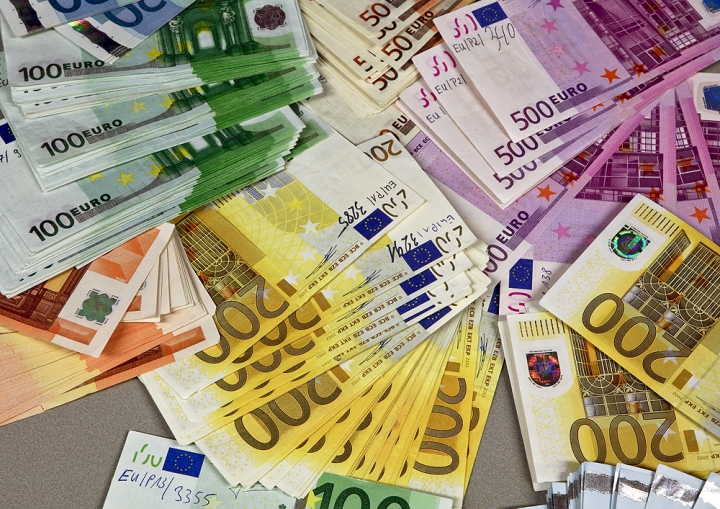Greenhouse gas emissions from agriculture (almost entirely non-CO2 emissions as defined in IPCC Sector 3) fell slightly in the EU-27 in 2018 but are still above their lowest level in 2012. Net emissions from cropland and grassland reported in the LULUCF sector also appear to have stabilised after some years of decline (EEA GHG Data Viewer). Further, projections of agricultural emissions by Member States, as I reported in this post, indicate that no significant reduction in emissions from agriculture is projected in the period up to 2030 even with additional measures in place.
Agricultural non-CO2 emissions are driven mainly by livestock numbers (particularly ruminants such as cattle and sheep) and nitrogen (N) fertiliser use.… Read the rest



